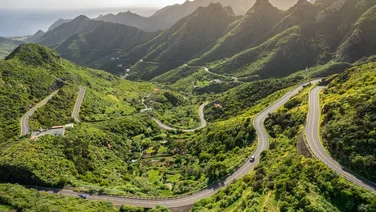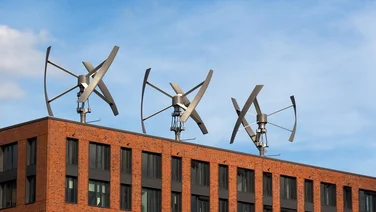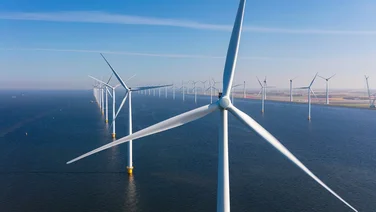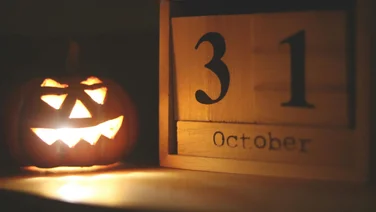Get Free Solar Panel Quotes
Find out how much solar panels would cost you
Do you need solar panels for your home or business?
Fill in our form - Get a free quote - Start saving on energy bills
Why get solar panels?
- Generate free, green electricity
- Reduce your electricity bill by up to 64%
- Get paid for what you don't use
As featured in:



News
The latest news, analysis, guides and opinion.

A quarter of a million households to get energy bill cut
About a quarter of a million households will receive help with the energy bills this winter as the government expands the Warm Homes Discount.
-
 Octopus Energy named UK’s ‘Best Energy Supplier’ Octopus Energy has been named the best energy provider in the UK by Expert Reviews.
Octopus Energy named UK’s ‘Best Energy Supplier’ Octopus Energy has been named the best energy provider in the UK by Expert Reviews. -
 What will Rachel Reeves do about our energy bills? Energy bills are high on the agenda for Rachel Reeves in her upcoming Budget. But will she do anything about the Spark Gap?
What will Rachel Reeves do about our energy bills? Energy bills are high on the agenda for Rachel Reeves in her upcoming Budget. But will she do anything about the Spark Gap? -
 The 10 greenest countries in the world Ever wondered what the greenest countries in the world are? We take a look, using Yale University’s Environmental Performance Index
The 10 greenest countries in the world Ever wondered what the greenest countries in the world are? We take a look, using Yale University’s Environmental Performance Index -
 The Spark Gap: Why is electricity more expensive than gas? Ever wondered why your electricity bills have gone through the roof, whilst your gas bills have only risen a bit? We're here to tell you why.
The Spark Gap: Why is electricity more expensive than gas? Ever wondered why your electricity bills have gone through the roof, whilst your gas bills have only risen a bit? We're here to tell you why. -
 The complete guide to small wind turbines for your home Did you know that you can get wind turbines for your roof or garden? Read our complete guide on small wind turbines for your home here.
The complete guide to small wind turbines for your home Did you know that you can get wind turbines for your roof or garden? Read our complete guide on small wind turbines for your home here. -
 Fairland launches AI-powered heat pumps for homes Heat pump manufacturer Fairland launches AI-powered heat pump system for homes, that it says improves heating efficiency
Fairland launches AI-powered heat pumps for homes Heat pump manufacturer Fairland launches AI-powered heat pump system for homes, that it says improves heating efficiency -
 What are green levies? With energy bills increasing over the past year, you might have heard more people discussing a green levy - but what are they? Find out here.
What are green levies? With energy bills increasing over the past year, you might have heard more people discussing a green levy - but what are they? Find out here. -
 Intelligent energy and eco-conscious AI, with Thomas Farquhar – Positive Energy Ep12 Watch episode 12 of Positive Energy with Thomas Farquhar, co-founder of Heatio, in conversation with The Eco Experts
Intelligent energy and eco-conscious AI, with Thomas Farquhar – Positive Energy Ep12 Watch episode 12 of Positive Energy with Thomas Farquhar, co-founder of Heatio, in conversation with The Eco Experts -
 How to be sustainable at Halloween Halloween is one of the highlights of the year, but it is also one of the least eco friendly. Here's how to celebrate and protect the plant.
How to be sustainable at Halloween Halloween is one of the highlights of the year, but it is also one of the least eco friendly. Here's how to celebrate and protect the plant.